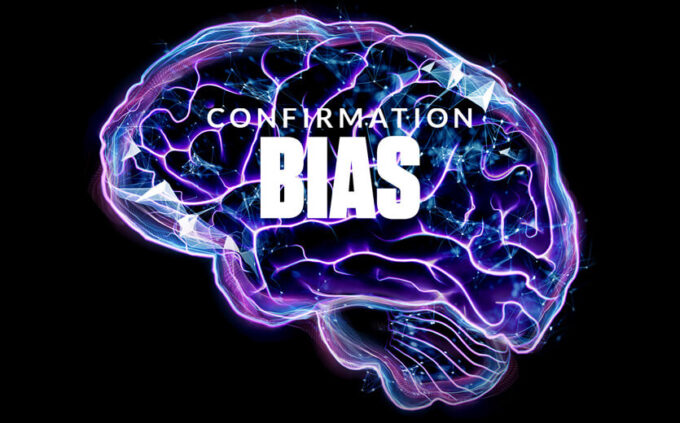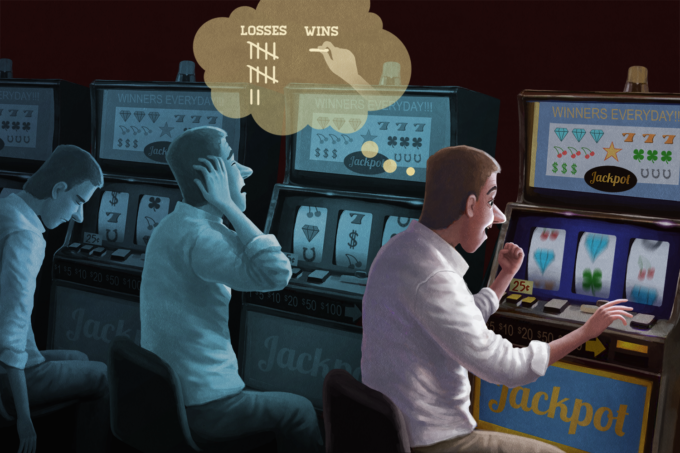In the dynamic world of online gambling, where every click can lead to a win or a loss, it’s crucial to understand the psychological underpinnings that influence our decisions. This article aims to shed light on the cognitive biases that often go unnoticed but significantly impact our gambling choices. By exploring these biases, we can better navigate the virtual casinos with a more informed and rational approach.
No Deposit Bonuses

Source: official.fm
No deposit bonuses are enticing offers that casinos use to attract new players, allowing them to play without requiring an initial deposit. While these bonuses seem like a risk-free way to enjoy gambling, they can also subtly influence player behavior. The allure of ‘free’ play can lead to underestimating the risks involved in gambling and can affect decision-making processes.
Cognitive Biases in Online Gambling
Cognitive biases in online gambling are subtle yet powerful forces. They can lead even the most rational players astray. Confirmation bias, for instance, isn’t just about favoring agreeable information; it also involves interpreting ambiguous outcomes in a way that supports our existing beliefs. The gambler’s fallacy, on the other hand, is a misinterpretation of probability, leading players to see patterns where none exist. The availability heuristic can be particularly misleading in an online environment, where recent wins or losses are vivid and can disproportionately influence future bets. These biases don’t just affect our choices; they can also amplify the emotional highs and lows associated with gambling, making rational decision-making even more challenging.
Confirmation Bias

Confirmation bias in online gambling can manifest in various ways. It might lead a player to continue using a betting strategy that once brought success, despite a lack of ongoing evidence supporting its effectiveness. This bias can also make players more susceptible to marketing tactics that echo their beliefs or past experiences. To mitigate this, one effective strategy is to maintain a gambling diary, documenting decisions and outcomes. This practice encourages reflection and helps identify patterns that might be influenced by confirmation bias, fostering a more objective approach to decision-making in gambling.
Gambler’s Fallacy

Source: research.tamu.edu
The gambler’s fallacy often arises from a misunderstanding of the law of large numbers and the independence of random events. In online gambling, this fallacy can lead to escalating bets after a losing streak, under the mistaken belief that a win is ‘due.’ This misinterpretation is particularly common in games like roulette or slots, where outcomes are entirely random. Educating oneself about the nature of probability and randomness is crucial in combating this fallacy. Understanding that each spin or roll is independent of the previous can help maintain a level-headed approach, preventing the escalation of bets based on erroneous beliefs about ‘due’ outcomes.
Conclusion
Understanding cognitive biases in online gambling is not just an academic exercise; it’s a practical tool for smarter and more responsible gambling. By recognizing these biases in ourselves, we can make more informed decisions, avoid common pitfalls, and enjoy online gambling as a form of entertainment with a clear and rational mindset. As we continue to explore the psychology of gambling, further research and education in this field can only enhance our understanding and enjoyment of this popular pastime.

